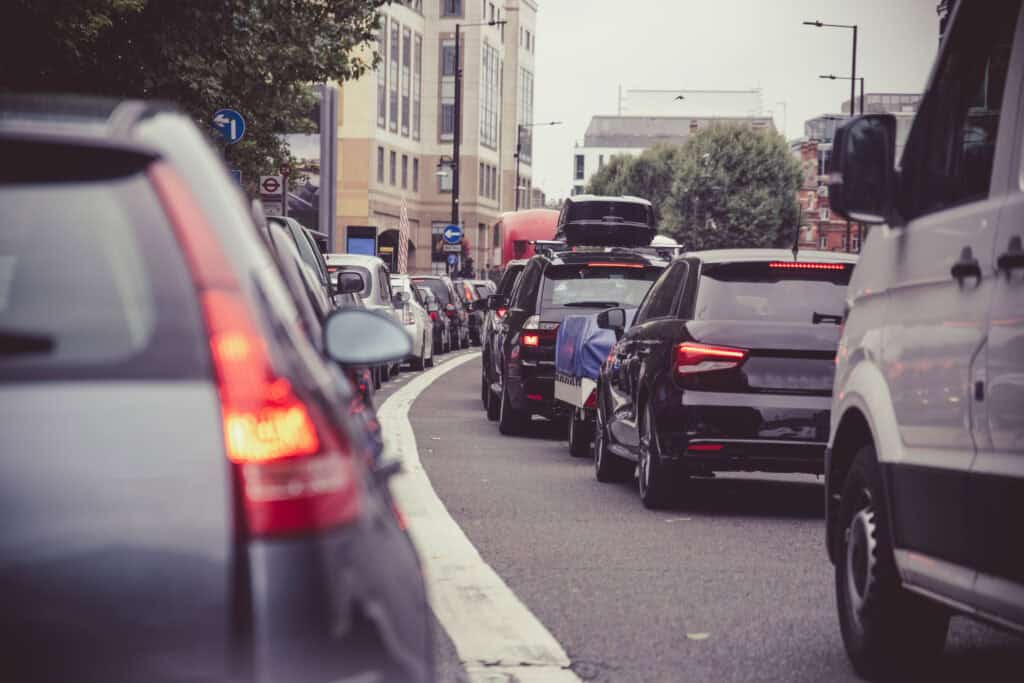
London Named ‘Most Congested’ City In The World As Traffic Affects Fleets Across UK
London has been named the world’s most congested city for the second year in a row.
The UK’s capital city has taken the unwanted crown over some of the world’s biggest and busiest cities, including New York, Chicago, and Paris.
The figures looked at cities all over the world and measured the levels of traffic and the delays caused by it to combine for a total amount of lost time.
And the figures showed that traffic delays increased in 79 urban areas year-on-year out of a total of 110 urban areas measured.
Return To Pre-Pandemic Congestion?
For any fleet, traffic and delays are a consideration for every route they plan and every day they operate.
And before the pandemic (way back in 2019), it was easy to know what to expect with traffic and compensate for it by allowing time for delays in routes.
But with two years of many people working from home or working remotely and increased home deliveries and additional workloads for fleets, predicting traffic flow has become increasingly difficult.
As people have returned to work, the roads have got busier, which has led to more and more congestion.
In fact, when the figures were calculated, Bristol and Manchester were the second and third worst affected urban areas in the UK after London, with traffic density causing issues for fleets and drivers alike.
And because fuel prices have been consistently high over the last few months, the average commuter has paid £122 more for fuel over the last year. For fleets, that figure is undoubtedly significantly higher, particularly for those conducting a high volume of inner-city and local driving.
Congestion – How Much Impact Does It Have?
It’s often hard to measure just how much congestion can impact you as a driver.
Plus, when you’re trying to calculate the impact of many drivers across different urban areas in your fleet, the entire process can get complicated pretty quickly.
It’s one reason that safety is more important than ever, with fleets being urged to ensure that vehicles are maintained, looked after, and all proper precautions are taken.
Because although sitting in congestion might mean that a vehicle is idling a lot more, the engine is still operating, and strain is being put on it throughout the day.
Figures will no doubt be arriving soon indicating whether traffic has exceeded pre-pandemic levels in the last couple of months but given the pressure on the Christmas period and the busy January we’ve already seen, there’s no doubt that traffic is getting busier.
The reality is that traffic flow is a significant concern for many fleets and it’s something that the Highways Agency and local authorities are attempting to deal with through smart technology.
The introduction of all-lane running smart motorways is one measure that could ease congestion through smart traffic management but there are significant safety concerns that need to be addressed before the current pause on their rollout can end.
Local authorities have been keen to point out that a lot of congestion is being caused by road works and improvements that are currently being made to key routes, which should see an easing of congestion in the second half of 2022 as work is completed.
How much of an impact does congestion have on your fleet? Let us know in the comments below.

